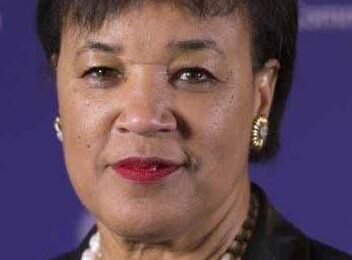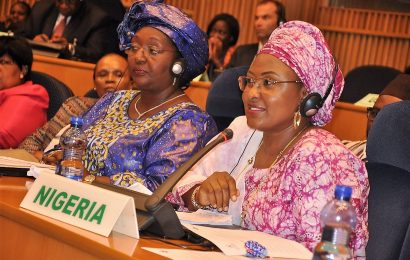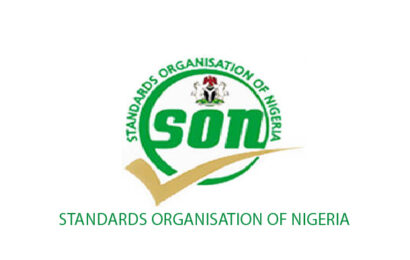Advertisements

To strengthen tax administration and generate more revenue, the Executive Chairman, Federal Inland Revenue Service (FIRS), Mr Tunde Fowler has advised African leaders to grant autonomy to their Revenue Authorities.
Addressing Chief Executives of African Tax Authorities at the just concluded African Tax Administration Forum and International Monetary Fund (ATAF-IMF) seminar in Cape Town, South Africa, Fowler said the continent holds “much more revenue generation prospects”.
Fowler, who mid-wifed the autonomy of Lagos Internal Revenue Service (LIRS) in Nigeria, shared the experience of the autonomous FIRS and LIRS, in his presentation titled: “Establishment of An Autonomous Revenue Authority With An Independent Board-The Nigerian Experience”.
He pointed out that the autonomy of the Nigeria’s Tax Authorities have triggered a surge in collection by tax authorities in Nigeria.
A statement issued by Head, Communications and Servicom Department, Wahab Gbadamosi quoted Fowler as saying: “Clearly, Revenue Authorities across Africa have the potentials to generate funding for their respective governments and they will perform better if they are allowed to fully be in charge of their day to day operations and empowered to hire staff, pay competitive salaries and provide regular training for staff”.
The FIRS Executive Chairman explained that Nigeria’s experience is worthwhile: “The compelling evidence from Nigeria’s experience is that wherever Revenue Authorities have been granted operational, administrative and financial autonomy and allowed to operate with minimal civil service bureaucratic encumbrances, revenue administration has been enhanced and tax collection performance has gone up significantly. Autonomous Revenue Authorities with independent Boards have proven to be beneficial for the actualization of their mandate to generate funding that government require for projects and programmes”.
Fowler explained that under the arrangement, tax revenue grew from N1.846 trillion in 2007 when FIRS was granted autonomy to an average of over N4.5 trillion in 2015.
Also, in the LIRS, tax revenue grew from N50 billion in 2007 to N270 billion in 2015.
Making reference to the Nigerian experience, Fowler said the falling revenues from oil in the 1990s, prompted Government to focus more on tax revenue generation, by adopting series of tax reforms initiatives.
He noted that owing to years of neglect due to government’s focus on revenues from oil, tax administration operated at less than optimal levels.
He also recalled that the Revenue Authority was faced with several challenges such as: operating under the Ministry of Finance with the attendant bureaucratic encumbrances, absence of financial and administrative autonomy, existence of leakages in revenue collection due to lack of transparency and corrupt practices by some tax officials and taxpayers; low staff morale as a result of poor remuneration and poor working conditions of tax officials; manual means of tax operations/low usage of Information and Communication Technology (ICT); neglect of taxpayer education and absence of quality service delivery and inadequate human resources and skills as a result of inadequate training.
The FIRS Chairman recalled various Study and Working Group reports that have shaped tax administration in Nigeria.
He said: “The recommendations of the Study and Working Groups culminated in the establishment in 2007 of an autonomous FIRS with its own independent Board and the promulgation of the Federal Inland Revenue Service (Establishment) Act, No. 13, 2007).”




